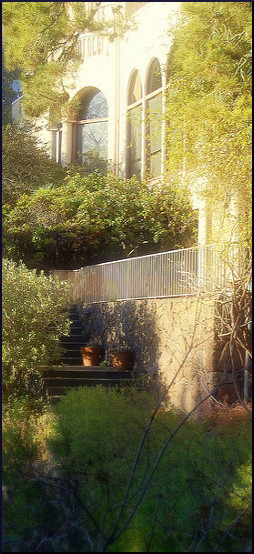
Berkeley, California, is one of the most progressive, ornery, and distinctive cities in the USA. This time last year, City Councilwoman Linda Maio faced some conflict over Ohlone Park, a three-block-long urban oasis that she helped create 42 years before.
In recent times, however, Ohlone had become a temporary haven for people experiencing homelessness. Maio followed the lead of her constituency and promoted the introduction of new, stricter city ordinances against camping in parks, and against placing personal property on public sidewalks.
Also included was the old favorite, “urinating and defecating in the parks.” When will municipal officials figure it out? Their refusal to provide restrooms does not discourage homelessness, but only punishes individuals. What that refusal does, however, is threaten public health in very real and scary ways.
To Maio’s credit, she did encourage the city to deploy mobile showers, and devote some storage facilities to people’s stuff. Still, she found herself accused by a fellow council member (and a portion of the public) of criminalizing poverty and homelessness.
Rachel Swan wrote this for SFGate.com:
“We want people to get a little more connected with social mores,” Maio said, emphasizing that the laws are small, and so are the city responses for breaking them: an initial warning followed by a citation…
Nonetheless, the new laws prompted strong opposition in Berkeley, where housing activists camped out in front of City Hall the night before the council meeting…
The new laws will take effect Jan. 1 but will not be enforced until after Berkeley installs public storage bins, and there are no plans set for that yet.
Councilman Kriss Worthington objected to prosecuting, fining or jailing people who have no money anyway, for minor offenses. But the new ordinances were approved. Swan wrote of a local sympathy protester:
One woman who camped outside City Hall told the council that she woke up with a stark realization of what it means to be homeless. “There is no restroom,” she said at the meeting.
At the same time in West Berkeley, a lot of people were living in campers and RVs parked along city streets. Again, human waste was a problem. But rather than handle this in a mature, adult way, cities all over America continue their attempts to criminalize natural functions. It always comes back to the essentials.
Meanwhile tension buillt in other areas, because the Super Bowl tourist influx into San Francisco was on the horizon, and the mayor promised the corporate suits that the Embarcadero district would be purged of unsightly beggars. Some of the displaced people could reasonably be expected to relocate across the Bay.
House the Homeless asked longtime Berkeley resident Ace Backwords how the past year has been. Here’s what he said:
The homeless scene is always in a state of flux. It changes day to day, month to month, year to year. But the basic game seems to stay the same. One week the cops will be crunching you for one thing. The next week its OK to do that but they’re crunching you for something else. One week is OK to hang out on one side of the sidewalk. The next week they kick us off that side and say we gotta hang out on the other side. And the next week they reverse it again. Round and round it goes.
Getting back to Ohlone Park, and a last quotation from Swan:
One resident, Lynn Barrow, wrote that her dog had gotten sick after walking through one of the Ohlone Park encampments and had to be taken to the emergency room. “They tested his urine, and it contained marijuana and meth,” Barrow’s letter said.
Ms. Barrow does not appear to have divulged why her dog was running, loose and out of control, through the public park where homeless people were settled. It would be unfair to speculate on the reason, but fair enough to hope that no local person would do something like that for the purpose of intimidation, to alarm and threaten the people in the tents.
Reactions?
Source: “Berkeley’s homeless feel squeezed as neighbors seek clampdown,” SFGate.com, 11/21/15


